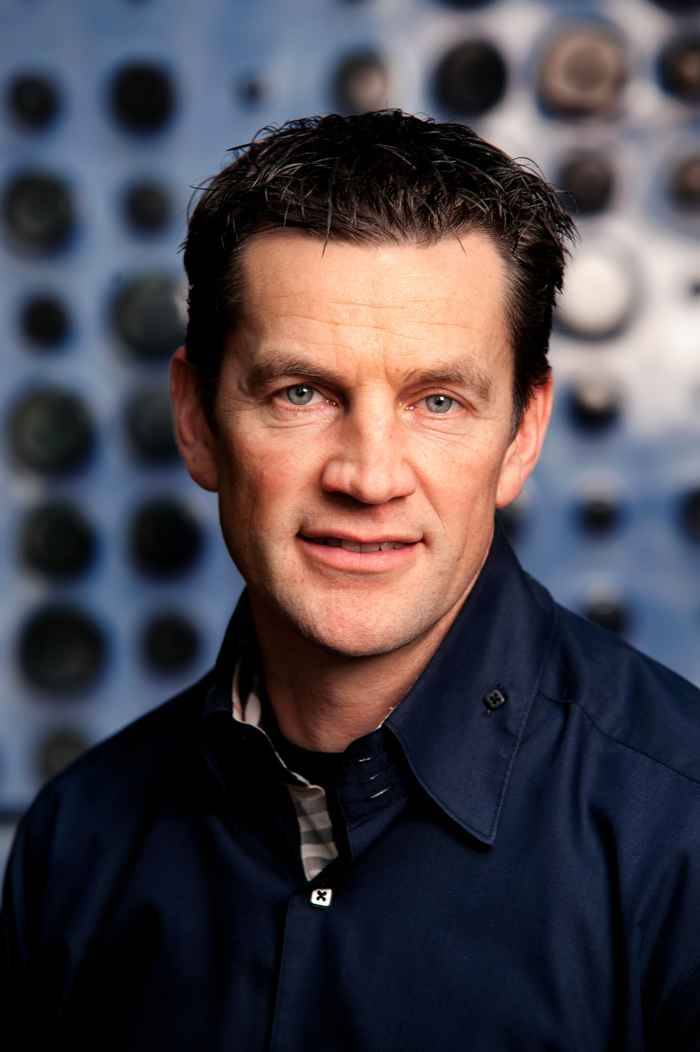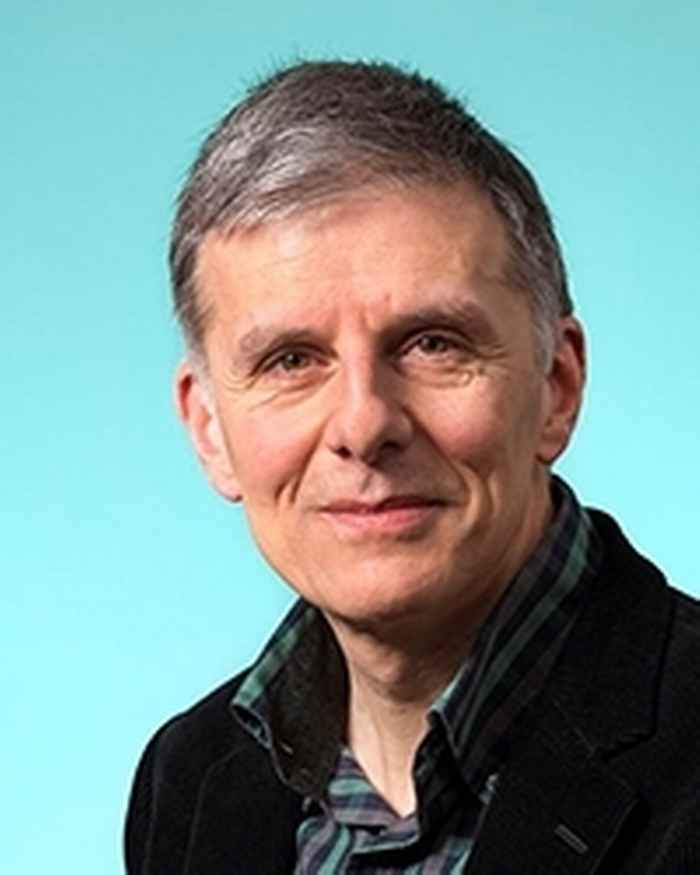ERC Advanced Grant for Delta ITP physicists Jan de Boer and Carlo Beenakker
29 March 2019

Jan de Boer (Amsterdam): Properties of quantum gravity
For more than a century, the interplay between two of the most important building blocks of nature, quantum mechanics and gravity, has been a source of inspiration for theoretical physicists. It has led to discoveries such as the Hawking radiation emitted by black holes and the development of theoretical models such as string theory.
Knowledge about the interplay between quantum mechanics and gravity also produced the insight that at the most fundamental level physics is governed by the rules of quantum mechanics, while gravity is actually a phenomenon that emerges at a larger scale as an effective, ‘average’ description of the underlying quantum effects. Such quantum effects are frequently ‘non-local’: what happens in one place may be directly related to something that happens entirely elsewhere. At the same time, the description of gravity used by physicists – Einstein’s theory of general relativity – is local, also when it is applied in effective field theories.
With the recent discovery of gravitational waves and the various ongoing and upcoming experiments that will put general relativity to the test, it has become urgent, according to De Boer, to assess the validity of the standard framework of effective field theory for describing observable quantum gravity effects. Recent developments in resolving the information paradox – a puzzle resulting from the question about whether Hawking radiation released by black holes contains information – and in understanding the further quantum nature of black holes have led to the conclusion that the concept of effective field theory must be modified in order to be able to describe quantum gravity.
De Boer will come to a precise and quantitative description of these changes, ultimately connecting it to potential experimental discoveries. In order to achieve this goal, his research employs a combination of thermodynamics, hydrodynamics and quantum information theory.

Carlo Beenakker (Leiden): Majorana fermions in superconductors
Qubits, the building blocks of a quantum computer, do not usually move. This is problematic in the development of a topological quantum computer because these work by exchanging qubits – a process known as ‘entanglement.’ With his ERC project, Beenakker aims to find out whether these qubits can be made to move with the aid of a superconducting material.
The idea is that this could be achieved by applying a voltage pulse to an insulator across a superconducting wire. This will cause a qubit pair to start moving at great speed along both edges of the superconductor. Each of these ‘flying’ qubits is a Majorana fermion. The expectation is that the entanglement will take place at the point at which two Majorana fermions meet. No one has yet managed to entangle Majorana fermions, so these flying qubits might just be the secret to realising the topological quantum computer.
The Leiden physics website has a very readable research dossier on quantum computers:
About
Each year, the ERC provides Advanced Grants to outstanding well-established researchers to ‘allow them to research their most creative ideas and generate findings that will have a major impact on science, society and the economy.’ Alongside a further 220 European researchers have been awarded an ERC Advanced Grant of up to €2.5m for a five-year project.
